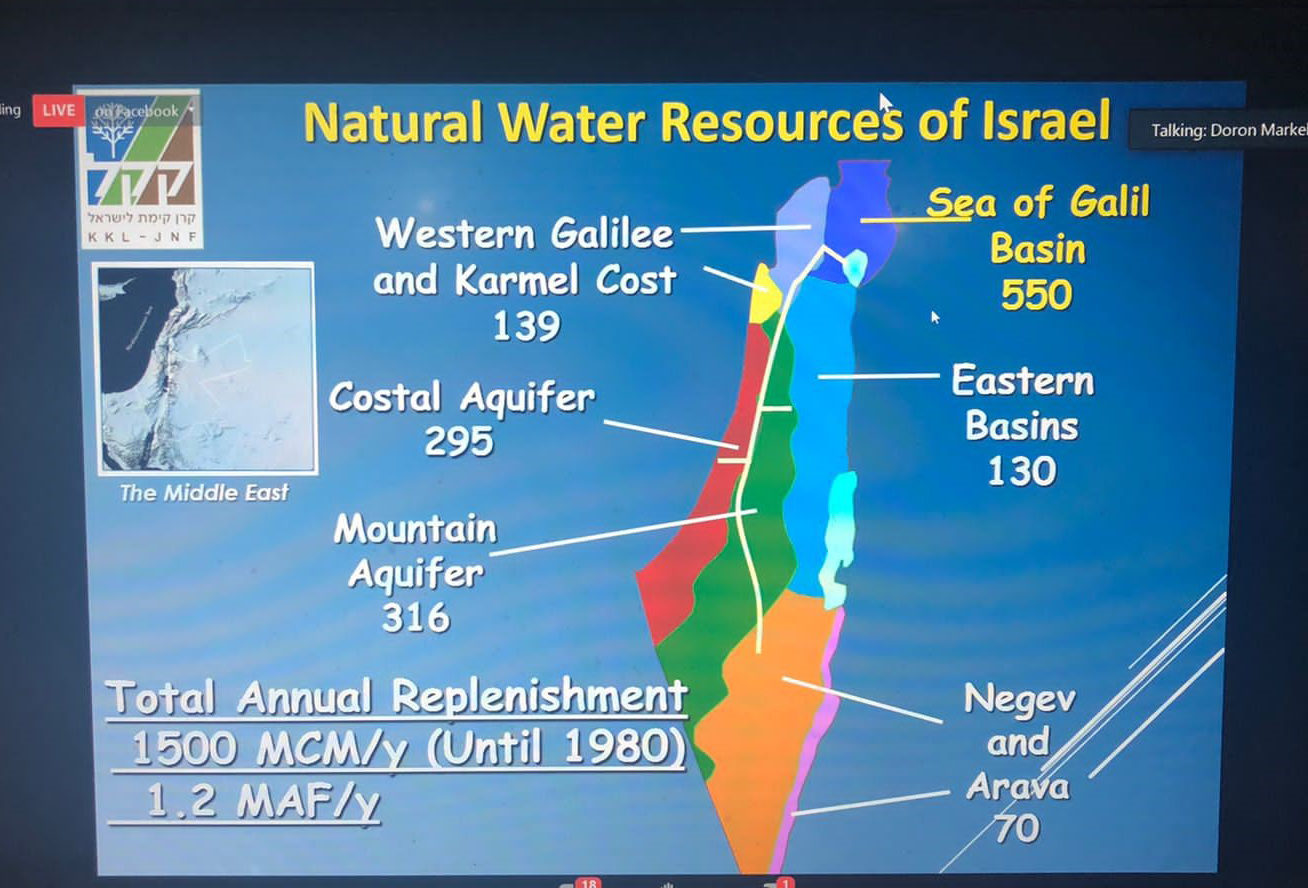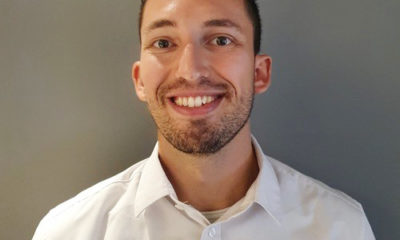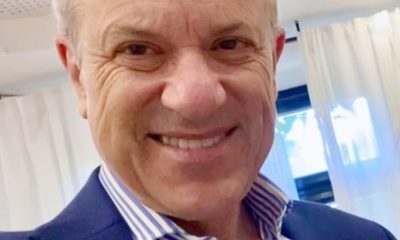
Featured Item

Israel’s water miracle makes waves in South Africa
Toxic politics doesn’t always torpedo good ideas. In spite of the well-known tension between the South African and Israeli governments over the Palestinian conflict, Israel’s world-leading water technologies are already making a big splash in rural villages.
This topic was explored in a webinar on 6 May, co-hosted by the Jewish National Fund (JNF) and the South African Zionist Federation (SAZF), titled “Hell or high water: the untold story of how Israel is sharing her water miracle with South Africa and the world.”
Although South Africans are rightly preoccupied with poor electricity generation, the next infrastructure crisis is already here – water supply. The host of the meeting, Benji Shulman from the JNF and SAZF, noted that the average municipality loses 37% of piped water due to leaks, and South Africa has chronically under-budgeted for maintenance of the water supply over the next decade.
Israel is already assisting. Sivan Ya’ari is the founder and chief executive of Innovation:Africa. It’s a remarkable organisation that has brought Israel’s cutting-edge water and solar technology to the continent to provide safe and clean drinking water and electricity to remote villages.
For the past decade, in more than 500 projects, Innovation:Africa has changed the lives of more than 2.7 million people. It has projects in Cameroon, the Democratic Republic of the Congo, eSwatini, Ethiopia, Malawi, Senegal, Tanzania, Uganda, Zambia, and for the past two years, in South Africa (backed by generous sponsors including Investec). The projects are in 37 South African villages so far, in KwaZulu-Natal, Limpopo, and Mpumalanga.
“Lack of energy means no clean water, and women walking many miles to find dirty water that they know will make their families sick,” Ya’ari said.
She explained that Innovation:Africa first sinks a borehole to tap groundwater in a village, and then installs a solar-powered pump, water tower, and reticulation system. They hire local villagers to assist and learn maintenance. The solar panels also generate electricity for medical clinics and light for studying at night. Israeli drip-irrigation technology waters fields efficiently.
It costs $50 000 (R701 675) per village, and they have many donors, including the United Nations. “Donors get a list of villages where water is needed, and they can choose which ones to adopt. They are invited to join us when we open the taps,” Ya’ari said.
Joining from the United States, Seth Siegel, the author of the bestselling Let There Be Water: Israel’s Solution for a Water-Starved World, said that nearly every practical solution to water scarcity had been invented or enhanced by Israel.
“There is a culture of respect for water in Israel, a recognition that it’s important and precious,” Siegel said, which is one of the factors making tiny Israel a global water superpower and model for all.
Israel’s water distribution is controlled by the Israel Water Authority (IWA), an apolitical technocratic agency. “If you leave it to politicians to run, they will reward their friends and hurt their enemies,” Siegel said. They will keep the price of water artificially low and neglect maintenance. “The IWA takes a societal view to get things done.”
Dr Doron Markel, the chief scientist at the Keren Kayemet L’Yisrael/Jewish National Fund (KKL-JNF), noted that average temperatures in Israel had risen two degrees Celsius since the 1980s, and it was getting hotter and drier. The two key factors in Israel’s water system are five massive seawater desalination plants on the Mediterranean coast, and the recycling of waste water, principally for agriculture. It has built 230 reservoirs, and actively harvests run-off water. About 90% of Israel’s sewage water is recycled. Israel has a clear long-term plan for its water security, and has been teaching it to the world.
Amit Lev, trade and investment consul at the embassy of Israel in Pretoria, said facilitating deals in the South African water sector was more complicated than most other economic fields, but it could be done. “You need the right model, the right technology, and the right partners at the right price,” he said. Successful Israeli-South African joint projects include satellite imaging to detect leaks, filtration, working with agricultural co-operatives, and treating rampant algae in dams.
“If you can save them money and lives, they will take it,” Lev said.










